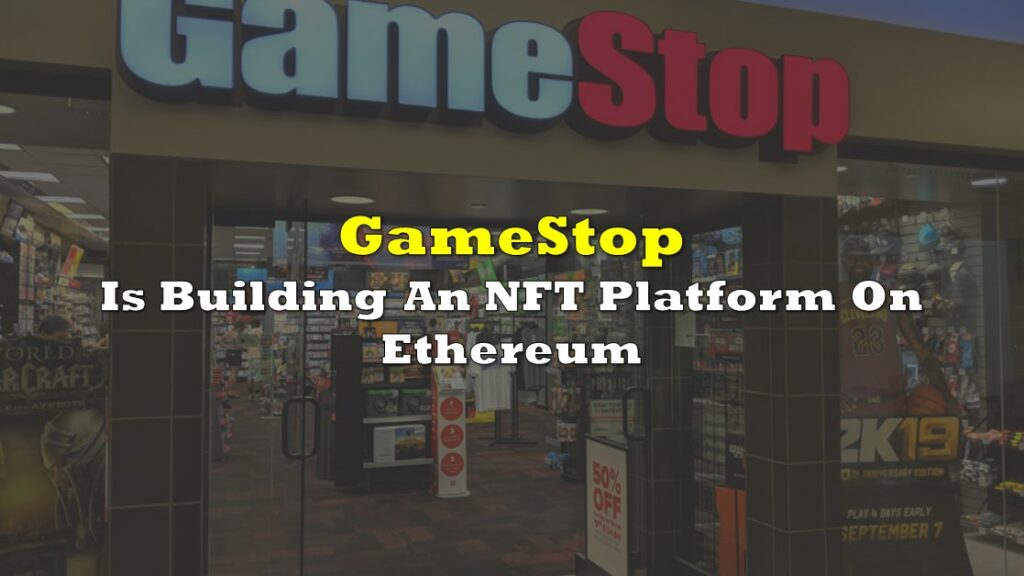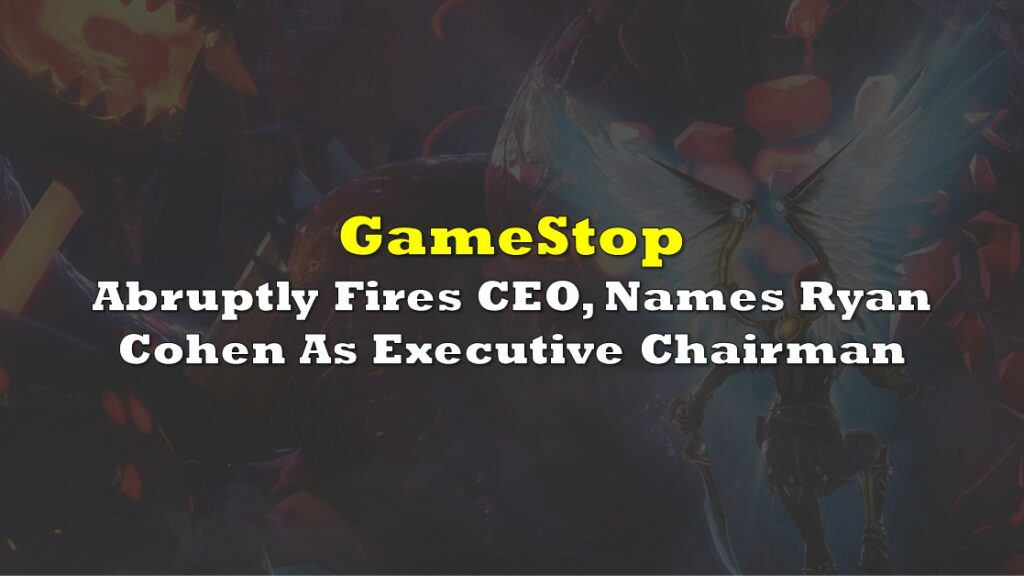GameStop Corp. (NYSE: GME) has defied Wall Street expectations by reporting robust quarterly revenue and a smaller-than-expected loss. The company’s shares surged nearly 6% in after-hours trading, reflecting the positive outcome of its digital transformation efforts.
GameStop’s revenue for the quarter ended July 29 increased by about 2% to reach $1.16 billion, surpassing the estimates of $1.14 billion put forth by three analysts polled by LSEG. The company attributed this revenue rise to a “significant software release” and increased sales of new gaming hardware in specific international segments.
Sales of software and collectibles contributed to approximately 49% of total revenue in the second quarter, according to the company’s report. Notably, popular titles like Activision Blizzard’s “Diablo IV” and Electronic Arts’ “F1 23” have driven strong consumer demand.
On an adjusted basis, GameStop reported a loss of 3 cents per share, a notable improvement compared to analysts’ expectations of a loss of 14 cents per share.
GameStop gains in after-hours trading as reported Q2 results weren’t as bad as feared, w/revenue of $1.164bn (vs. Street $1.14B) while SG&A came in at 27.7% of revenue, a sharp cut vs. 34.1% in prior year. EPS was a 1c loss vs 14c loss expected. The balance sheet remains strong,… pic.twitter.com/eIJ1k0Zbi4
— Holger Zschaepitz (@Schuldensuehner) September 6, 2023
Executive chairman and top shareholder, Ryan Cohen, has been spearheading GameStop’s shift toward an online-focused business model. This strategic move comes as the retailer, traditionally reliant on physical stores, seeks to rebound from a recent dip in sales.
In a recent management shake-up, the company saw its finance chief resign last month, following the board’s decision in June to remove its fifth CEO in as many years.
GameStop’s latest financial results have provided a glimmer of hope for the company, which has been battling changes in the gaming industry, such as the shift to digital downloads and free-to-play models. As more gamers turn to downloading games online and playing on mobile devices, GameStop has faced challenges in retaining its traditional customer base.
In June, Cohen assumed the role of executive chairman, signaling a shift in leadership and strategy. The subsequent departure of the finance chief, Diana Saadeh-Jajeh, led to the appointment of Daniel Moore as interim principal financial officer.
Cohen, an activist investor, took significant steps to reshape GameStop in 2021, including revamping the executive team and board of directors. Despite efforts to expand into e-commerce and the launch of an NFT marketplace, these initiatives have faced hurdles.
While GameStop’s hardware sales remained steady, accounting for approximately half of total sales, software sales saw a significant 25% increase, offset by a 24% decline in collectibles. The company also achieved cost savings, with selling, general, and administrative expenses dropping to $322.5 million, or 27.7% of net sales, compared to $387.5 million, or 34.1% of net sales, from the previous year.
GameStop also revealed that it incurred transition costs related to store closures in Europe, where it has been gradually reducing its presence, totaling $4.3 million. Despite these challenges, the company’s Q2 results indicate progress in its ongoing transformation efforts.
GameStop Corp. last traded at $18.65 on the NYSE.
Information for this briefing was found via Edgar and the sources and companies mentioned. The author has no securities or affiliations related to this organization. Not a recommendation to buy or sell. Always do additional research and consult a professional before purchasing a security. The author holds no licenses.









